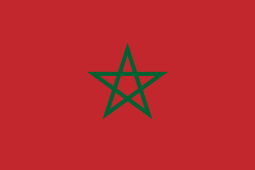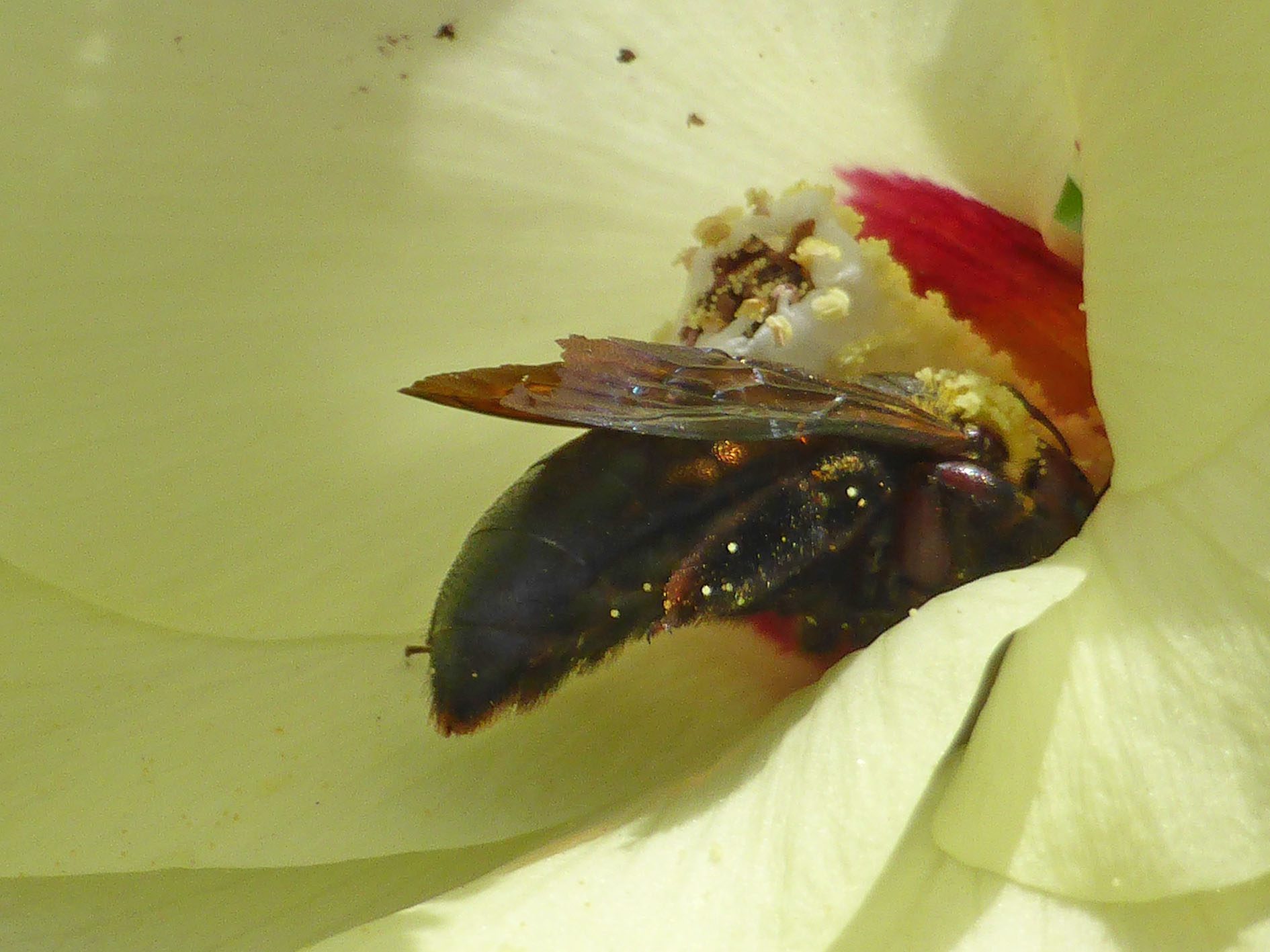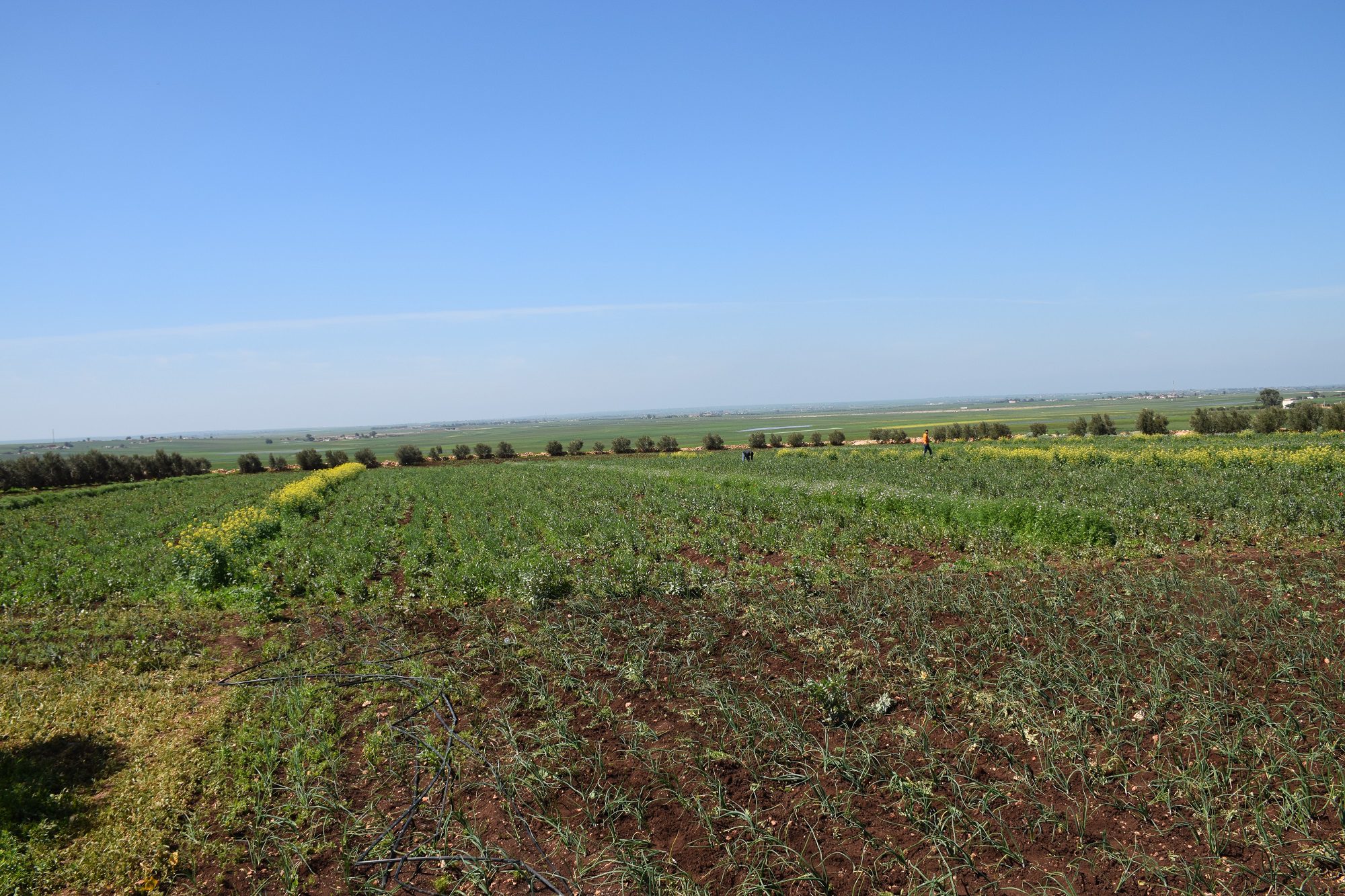Morocco
Morocco signed the Declaration on the Coalition of the Willing on Pollinators on the 10th of May 2019. It was signed by the Ministry in charge of the Environment.

Why did Morocco decide to join the coalition?
Since 2015, in collaboration with the International Centre for Agricultural Research in Arid Regions (ICARDA), Morocco has been protecting wild pollinators using the Farming with Alternative Pollinator approach. Several pilot projects have also been initiated in Morocco using this approach to improve agricultural land to protect pollinators against natural enemies, through a greater diversity of crops attracting pollinators, nesting and water support.
Morocco has acquired a great deal of experience in this field and wishes to serve as a reference country within the framework of the regional project relating to the “Conservation of the diversity of pollinators for better resistance to climate change”. The project involves the large-scale introduction of the alternative pollinator farming approach in seven countries to develop a low-cost, holistic approach to pollinator protection that would be scalable even in low-income countries.
Morocco has joined the Coalition of the Willing on Pollinators in order to benefit from the experiences and lessons of other countries, in particular knowledge on new approaches and best practices.

What is the current situation regarding pollinators and pollination in Morocco?
Morocco hosts a great diversity of pollinators, but it requires more research to fully assess the diversity. Currently, more detailed information is available only for three main groups: bees, hoverflies and butterflies.
More than 930 bee species are known to date in Morocco, ranking the country as the 4th richest country in the Mediterranean basin after Turkey, Greece and Spain for its bee diversity. In Morocco much more species (probably few hundreds more) are expected to be discovered in the near future, potentially ranking Morocco as the 2nd richest country in the Mediterranean basin after Turkey.
Hoverflies are one of the most important groups of pollinators after bees. Morocco counts around 145 species, however no checklist has been developed to date. In comparison to other Mediterranean countries, a minimum of 200-250 species can be expected to be discovered considering the given habitat spectrum and size of Morocco.
More than 130 butterfly species are counted in Morocco. Although the survey of the butterflies of Morocco remains insufficient, they have been more exhaustively studied in comparison to other groups of pollinators.
These high and partly not yet discovered diversity of pollinators is essential to sustain the high plant diversity of Morocco. Our country has an estimated 4200 plant species of which more than 20% are endemic.
Do you have a national strategy? If so, what does it address?
Morocco is in the process of developing its strategy and action plan for the protection of pollinators through INRA in collaboration with ICARDA.
The national strategy and action plan for pollinator protection shall conserve Morocco’s rich diversity of wild pollinators. Wild pollinators are crucial for Morocco’s biodiversity in general, agro-ecosystems and landscapes, climate change adaptation, human wellbeing and the prosperity of our country. We regard the high diversity of wild pollinators in Morocco as a national heritage and will secure it for future generations. Honeybees and wild pollinators, farmers and consumers, the current and future generations will benefit from this strategy and action plan.
The Moroccan strategy and action plan for pollinator protection includes four chapters. It shall be integrated into the National Strategy and Action Plan for Biodiversity Protection.
- Knowledge is the key for protection;
- Pollinator protection in agricultural lands ;
- Monitoring pollinators ;
- Pollinator protection in private and common land, rural and urban areas.

In 2021
In 2021, Morocco progressed concerning the action plan for pollinator protection in collaboration with several national ministries, however, due to Covid and some other problems we could not conduct the planned policy workshop to finalize the action plan (now planned for spring 2022). We don’t have response from all stakeholders yet.
As Morocco faces currently rapid honeybee decline, in January 2022 the Moroccan government established a multi-stakeholder task force under the lead of ONSSA (Office National de Sécurité Sanitaire des produits Alimentaires; the national entity for safe agricultural products) to safeguard pollinators.
Within the IKI project,
- 14 intensive 2-day-training sessions for 276 agricultural advisors, 15 executives and technicians from the ONCA headquarters and 20 beekeepers have been conducted.
- Four brochures for farmers for 4 different agro-ecosystems (semi-arid, adequate rainfall, mountainous, oasis) have been developed and translated to national language for distribution to farmers in 2022. These brochures explain in detail the habitat requirements of the most important pollinators in the respective ecosystem.
ONCA (l’Office National du Conseil Agricole), the national agricultural extension service, set up 5 FFS (Farmer Field Schools) in Souss Massa and Draa Tafilalt (two regions with extremely high risks for pollinator loss) to train farmers on FAP. FFS shall be expanded in 2022. Farmer field guides on FAP and guides for agricultural advisors in Arabic have been distributed.
ONSSA banned several hazardous chemicals, namely Chlopyrifos and Spidoclofen. Three neonicotinoids (Thiamethoxam, Acetamiprid and Imidacloprid) have been restricted to use only after fruit set; they will be reviewed again in 2023.
What are Morocco’s expectations for the future?
Morocco, once finalized its strategy, implement its strategy and collaborate with all members of the coalition for better management and conservation of pollinators.
